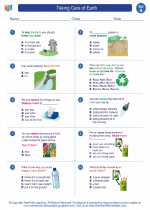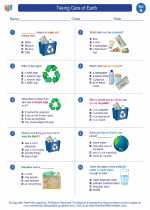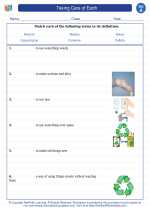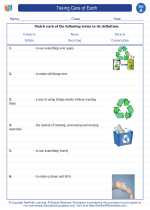Lakes
A lake is a large body of water that is surrounded by land. It is often formed in a basin or depression where water collects. Lakes can be freshwater or saltwater, and they vary in size from small ponds to large bodies of water like the Great Lakes in North America.
Formation of Lakes
Lakes can be formed by various geological processes, such as glaciation, tectonic activity, volcanic activity, and erosion. For example, glacier movement can carve out depressions in the earth, which then fill with water to form lakes. Tectonic activity, like the shifting of the Earth's crust, can also create depressions that fill with water to form lakes.
Ecology of Lakes
Lakes are home to a diverse range of plant and animal species. They provide habitats for fish, amphibians, birds, and other wildlife. The health of a lake's ecosystem is influenced by factors such as water quality, nutrient levels, and the surrounding land use. Human activities, such as pollution and deforestation, can have a significant impact on the ecology of lakes.
Uses of Lakes
Lakes have various uses, including recreation, fishing, transportation, and as a source of drinking water. Many people enjoy activities like boating, swimming, and picnicking at lakes. Additionally, lakes can be important for irrigation and hydroelectric power generation.
Study Guide Questions
- What is a lake?
- How are lakes formed?
- What factors influence the ecology of lakes?
- What are some uses of lakes?
[Lakes] Related Worksheets and Study Guides:
.◂Science Worksheets and Study Guides First Grade. Taking Care of Earth

 Worksheet/Answer key
Worksheet/Answer key
 Worksheet/Answer key
Worksheet/Answer key
 Worksheet/Answer key
Worksheet/Answer key
 Vocabulary/Answer key
Vocabulary/Answer key
 Vocabulary/Answer key
Vocabulary/Answer key
